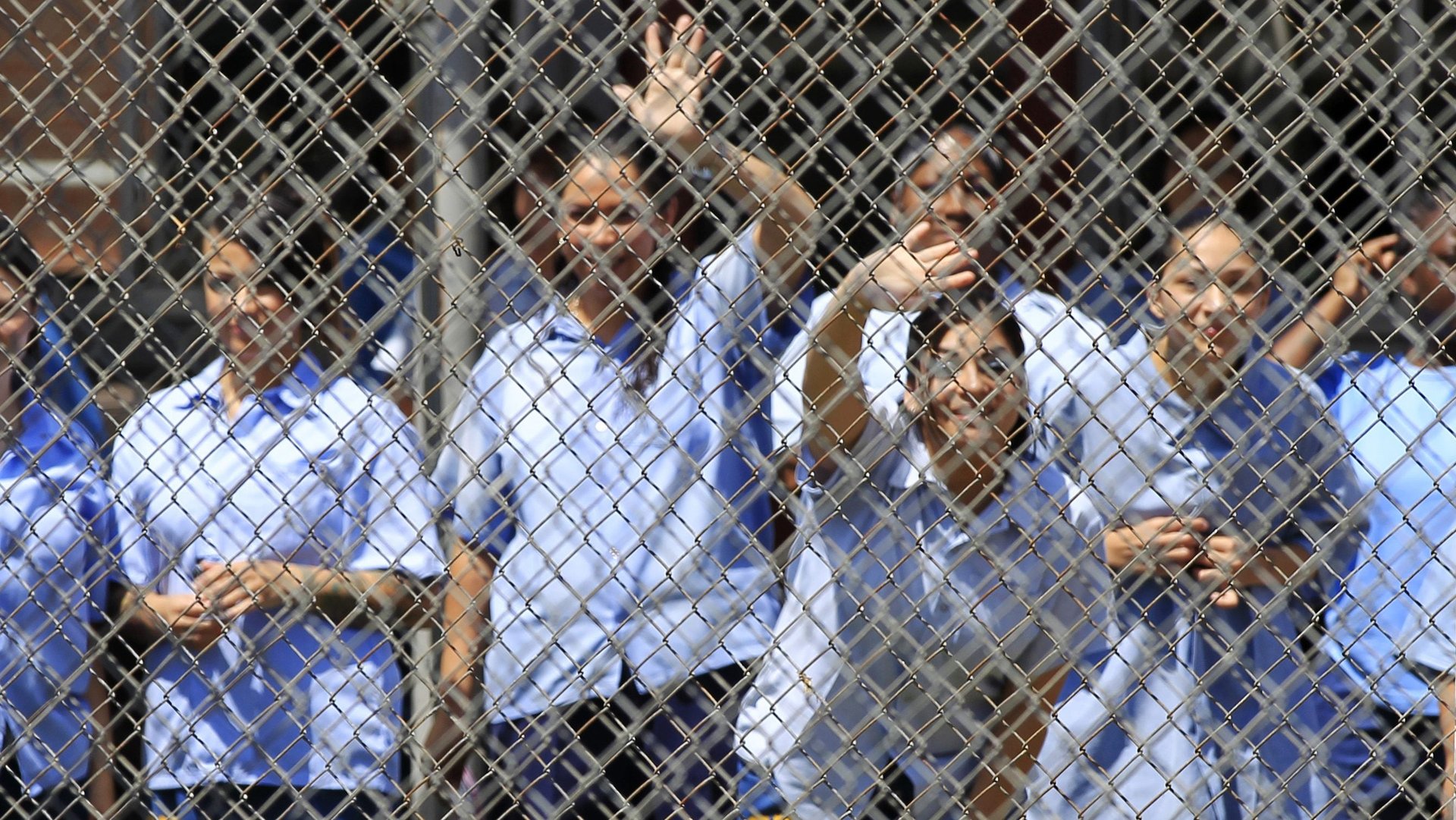US activists are bailing moms out of jail for Mother’s Day
Tens of thousands of American moms will spend Mother’s Day behind bars. This year, a coalition of advocacy organizations in cities all around the US is raising funds to cover bail payments for as many mothers as possible, just in time for the May 14 holiday. The groups, which include several Black Lives Matter chapters, are focusing on bailing out African-American women.


Tens of thousands of American moms will spend Mother’s Day behind bars. This year, a coalition of advocacy organizations in cities all around the US is raising funds to cover bail payments for as many mothers as possible, just in time for the May 14 holiday. The groups, which include several Black Lives Matter chapters, are focusing on bailing out African-American women.
According to last available data from the US Department of Justice, in 2014, mid-year, there were about 109,000 women in American jails. In 2005, nearly 80% of them were mothers of young children, and most were single parents. Incarcerated women were eight times more likely to be black than white.
The idea to bail out mothers started with SONG, or Southerners On New Ground, an Atlanta, Georgia-based LGBTQ and social-justice advocacy organization. Their effort is not focused only on women who have given birth or who have traditional families, emphasizes Mary Hooks, co-director of the group. It’s also about women who have “who have mothered many young, queer and trans people,” women who “hold down communities of all sorts.”
Sixteen cities, from Los Angeles and Memphis to New York and Baltimore, are participating in the action, which is in part inspired by history of the African-American community. “In the tradition of our enslaved Black ancestors, who used their collective resources to purchase each other’s freedom before slavery was abolished, until we abolish bail and mass incarceration, we’re gonna free ourselves,” says the coalition’s mission statement.
The number of women in US jails has been rapidly rising in recent decades, making it the fastest-growing incarcerated population in the country’s criminal justice system. Most of those behind bars get charged with minor, non-violent offenses, and data suggests this is part of the reason for the intense growth.
According to a 2016 report from from the Vera Institute of Justice and the Safety and Justice Challenge, women are disproportionately affected by “broken windows” policing, a tactic widely used, starting in the 1990s, that focuses on minor transgressions. The national “War on Drugs” had a similar effect, with women being targeted for lesser crimes such as drug possession. Poor to begin with, it’s hard for them to raise money for bail, increasing the time they have to spend in jail pending trial.
The imprisonment of mothers has profound effects on children. Because of the mass incarceration boom in the United States, an estimated one in 14 American kids will grow up having had a parent in jail or prison. For black children, those statistics are even starker. With a parent behind bars, children are vulnerable to a wide range of serious problems, from homelessness to severe trauma.
“Even a few days in jail can ruin a woman’s life. She may lose her job, her family may lose their housing and some even lose their children,” the coalition says. The participating groups will not only bail out the women, but help them with the necessary services that can get their lives, and those of their families, back on track — including housing, legal aid and job placement.
Hooks said that some of the women they hope to help are charged with “urban camping,” or homelessness, and minor traffic violations. But the coalition is also planning to bail out some women charged with felonies. The bail amounts range from as low as $79 to as high as $20,000 to $30,000, she said. The coalition’s national goal was to raise $420,000, but they’ve exceeded this goal as of May 8, raising at least $460,000.
The US bail cash system is widely decried as a system that perpetuates poverty and racial inequality — as well as gender inequality. It’s for-profit nature, where private companies reap the benefits of non-refundable fees paid by people who have not been convicted of a crime, is unique — the only other country in the world that commonly uses commercial bail bond is the Philippines.
“It’s modern-day bondage. Our folks are being held hostage for ransom,” said Hooks.